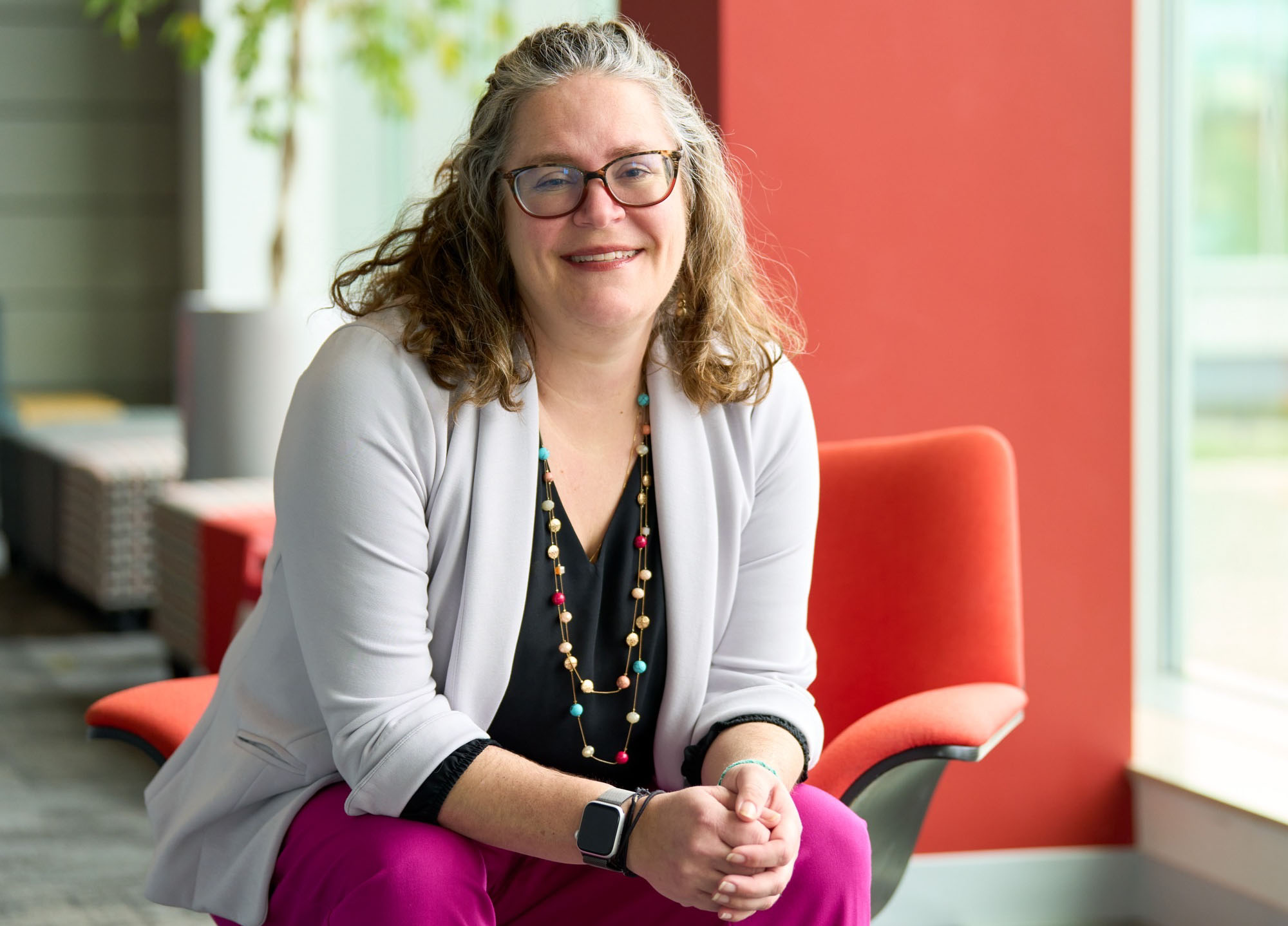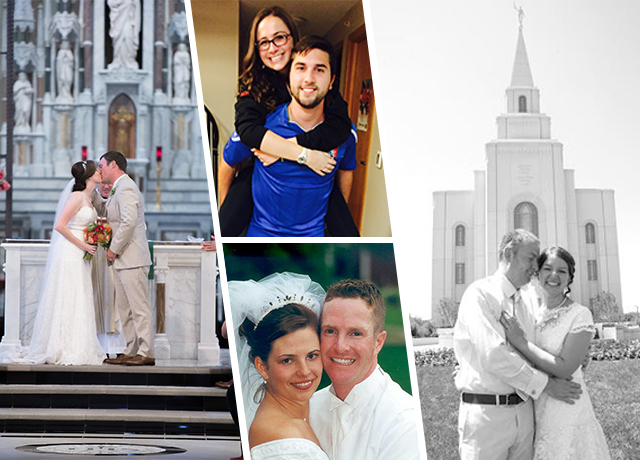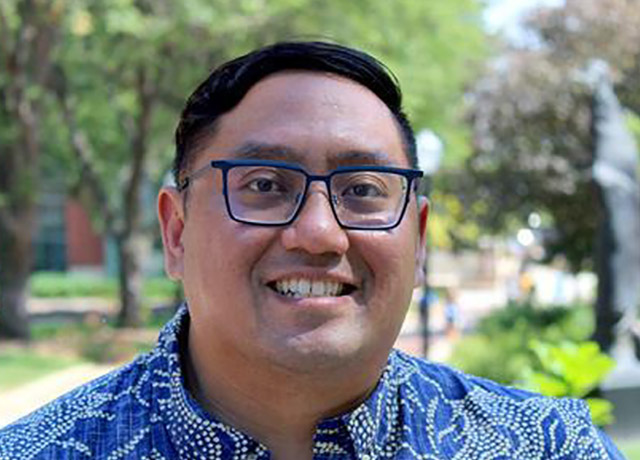Featured Testimonial About Creighton University
One of our hopes is to promote dialogue that highlights the amazing contributions that Creighton psychology faculty and students are making.
This fall, Creighton University’s Department of Psychological Science hosted the first installment of the Ware-Johnk Lecture Series, established by former longtime faculty member Mark Ware and his wife, Connie Johnk, BA’82.
The couple funded the series to promote interest in psychological scholarship and how it relates to everyday life. They said it’s their small way to help keep people interested in (and properly informed about) the science of psychology.
The annual series brings prominent psychologists to Creighton to discuss their areas of work and research. Each lecture is open to students, faculty, staff and the general public.
“Mark and Connie are so generous to support this,” said Jill Brown, associate professor of Psychological Science. “We’ve never had something like this in the department, and it’s great not only for faculty and students but the community, too.”
At the first lecture, Dr. Peter Gray of Boston College spoke about his research on “Play Deficit Disorder,” the dramatic decline in children’s free play time and how it’s been accompanied by an increase in childhood depression and anxiety.
The lecture series, said Ware and Johnk, was a way for them to continue their work of promoting psychology at Creighton.
Ware’s tenure in the department spanned more than 40 years, from 1965 to 2008. He also served as the department chair from 2000-2003.
Johnk, an alumna, served as a teaching assistant in the department.
In addition to funding the lecture series, the couple have made multiple gifts to Creighton. They’ve also committed a significant portion of their estate to the University.
We spoke with Mark and Connie about the lecture series, their time at Creighton and why it was important for them to give back to the University.
Why did you want to establish the Ware-Johnk Lecture Series?
Mark: One of our hopes is to promote dialogue that highlights the amazing contributions that Creighton psychology faculty and students are making. The idea is that this lecture series will be so interesting that people will wonder, “What else is the psychology department doing?” We hope this helps highlight the work being done. Another reason for the lecture series was to help counter misinformation.
How so?
Mark: Many people have misinformation about psychology — that it’s common sense or a pseudoscience. Television and movies don’t help a great deal. They’re for entertainment, and I understand that. In fact, I enjoy some of those movies and shows. But it contributes to misinformation. The problem is that often the things that are incorrect are more exciting than the more mundane aspects of what psychology really is. But hopefully this lecture series can show that the more mundane aspects can actually be pretty exciting.
In the first lecture in the series, Dr. Peter Gray covers a really interesting topic of “Play Deficit Disorder.” Seemed like a great way to kick off the series.
Connie: I was thrilled when I heard they picked this topic and this speaker. The subject is so interesting. I remember raising my own children and there was so much more unstructured activity for them. Where has that gone?
You’ve both made many generous gifts to the University, toward the lecture series and elsewhere. Can you tell me why you’ve felt compelled to give back to Creighton?
Mark: With over 40 years of experience at Creighton, I got to teach and work with highly motivated students and sophisticated faculty members. It was a healthy, supportive environment for me where I could pursue my interests and aspirations. We support the University to encourage those opportunities for students and faculty today.
Connie: I first came to Creighton as a 40-year-old student, and it was like opening a new toy box every time I entered a class. I still remember all those conversations, when you’re looking eye-to-eye — those were just some of the greatest gifts of my life. Creighton made me a different person. It added greatly to my understanding and my enjoyment of life.


